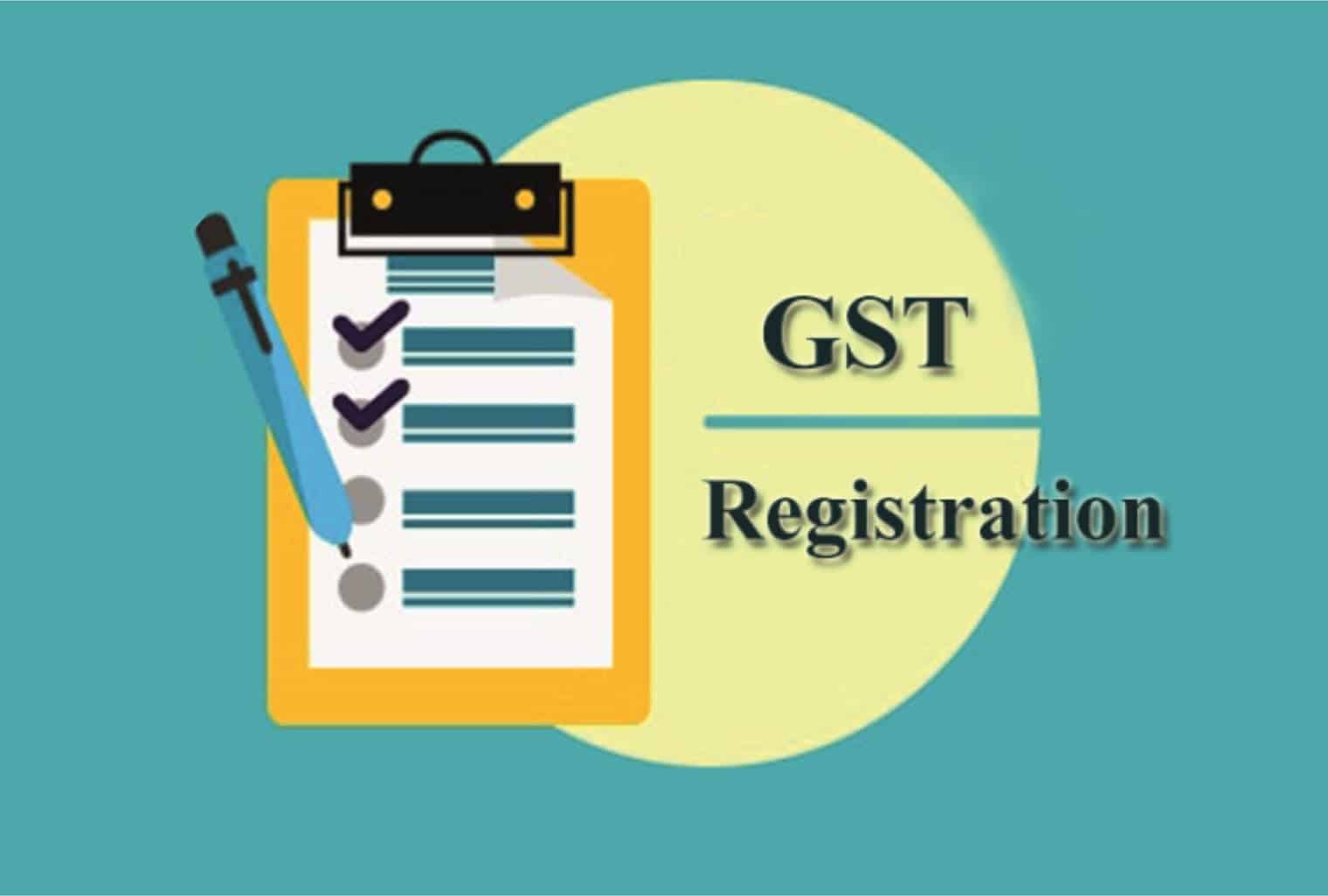Top Factors to Go With CFO Account & Services for Your GST Registration Requirements in Singapore
Top Factors to Go With CFO Account & Services for Your GST Registration Requirements in Singapore
Blog Article
Navigating the Complexities of GST Registration: A Comprehensive Overview for Entrpreneurs
Browsing the intricacies of GST enrollment can be a daunting job for many business proprietors, as it involves a myriad of policies, regulations, and refines that must be complied with. With the ever-evolving landscape of tax regulations, guaranteeing compliance and recognizing the ins and outs of GST registration is vital for the seamless procedure of any kind of organization. From determining qualification and gathering the required documents to enhancing procedures for optimal performance, this extensive guide aims to provide entrepreneur with the knowledge and tools required to navigate the intricacies of GST enrollment effectively.
Qualification for GST Registration
Service proprietors have to satisfy details criteria to determine their eligibility for GST enrollment. In basic, companies with a yearly turnover surpassing a certain threshold are called for to sign up for Item and Solutions Tax Obligation (GST)
Moreover, organizations that are registered under any type of previous tax regime, such as barrel or service tax, are normally required to change to GST enrollment. Recognizing these standards is critical for local business owner to guarantee conformity with the legislation and stay clear of any penalties or lawful problems. It is a good idea for entrepreneurs to seek advice from with tax obligation professionals or legal consultants to evaluate their eligibility for GST registration precisely. By sticking to the needed requirements, companies can efficiently navigate the intricacies of GST registration and operate lawfully within the tax obligation framework.
Files Needed for Registration
To finish the GST registration procedure, companies need to collect and send a comprehensive set of files. The crucial documents required for GST registration usually consist of evidence of business enrollment or incorporation such as the Certification of Consolidation, partnership action, or any various other registration certification.
Moreover, certain papers connected to the nature of business, such as a checklist of goods or solutions provided, HSN codes for goods, and SAC codes for services, might be needed - Why choose CFO Account & Services for GST registration in Singapore. It is vital for organizations to ensure that all documents sent are precise, up-to-date, and in the suggested format to stay clear of any type of delays or difficulties in the GST registration process
Process of GST Enrollment
Having actually constructed the requisite documents, services continue to launch the GST registration procedure by involving with the on-line website assigned for enrollment. This online portal is the Product and Provider Tax Obligation Network (GSTN) portal, which serves as the primary platform for all GST-related tasks in India. Upon accessing the portal, companies are needed to fill in the GST registration form with precise information regarding their company tasks, turn over, and various other appropriate details.
As soon as the kind is completed and sent on the portal, the GSTN verifies the details supplied by the service. The candidate may be have a peek at this site needed to provide extra details or explanation if any kind of inconsistencies are found. Complying with effective go to this site verification, a GST registration certification is released to business entity. This certification has an unique Product and Services Tax Obligation Recognition Number (GSTIN) that is made use of for all GST-related deals.
It is very important for services to guarantee that the information supplied throughout the GST enrollment procedure is exact and up to date to prevent any type of prospective problems or hold-ups in getting the GST enrollment certificate.
Comprehending GST Conformity

Companies need to be familiar with the various GST compliance requirements based upon their turnover, nature of products or solutions, and the states in which they operate. It is important to stay updated on any kind of changes in GST legislations and policies to stop any type of non-compliance problems.
Non-compliance with GST laws can lead to large penalties, penalties, and also lawful repercussions. Therefore, services need to spend time and resources in enlightening themselves and their staff on GST compliance. Looking for professional assistance from tax obligation advisors or professionals can also assist in browsing the complexities of GST conformity and guaranteeing that companies run within the lawful framework.

Tips for Optimizing Company Procedures
For enhanced performance and efficiency in company procedures, strategic preparation and streamlined processes are necessary components. One pointer for optimizing company operations is to utilize technology efficiently (Why choose CFO Account & Services for GST registration in Singapore). Carrying out the right software remedies can automate repeated jobs, enhance accuracy, and enhance general process effectiveness. Furthermore, conducting normal efficiency evaluations and gathering feedback from staff members can offer beneficial insights for determining bottlenecks and locations for improvement.
An additional crucial aspect is prioritizing jobs based upon their importance and due dates. By producing a clear pecking order of jobs and establishing practical timelines, companies can make sure that essential activities are completed on schedule. Promoting a culture of open interaction and collaboration pop over here amongst team participants can lead to raised performance and innovation.

Conclusion
Finally, navigating the intricacies of GST registration calls for a clear understanding of eligibility standards, required records, registration procedures, and compliance requirements. By adhering to these standards and maximizing company procedures, entrepreneur can make certain smooth procedures and compliance with the GST policies. It is essential for businesses to stay informed and upgraded on GST guidelines to stay clear of any kind of charges or legal concerns.
The key papers needed for GST enrollment usually include evidence of service enrollment or unification such as the Certification of Unification, collaboration act, or any kind of various other registration certification.Having set up the requisite documentation, organizations continue to launch the GST enrollment process by involving with the online portal marked for enrollment. Upon accessing the portal, companies are required to load out the GST registration kind with accurate information concerning their business tasks, turn over, and other pertinent details.
In order to preserve adherence to GST laws and prevent penalties, organizations should prioritize recognizing GST conformity. By sticking to these standards and optimizing company operations, service owners can ensure smooth operations and conformity with the GST policies.
Report this page